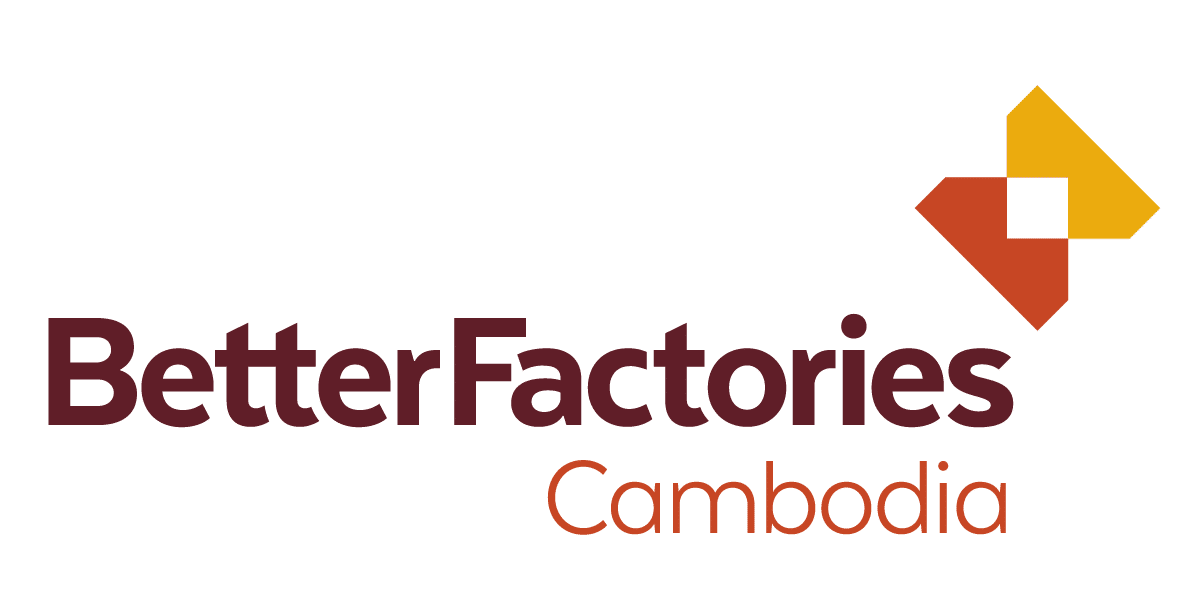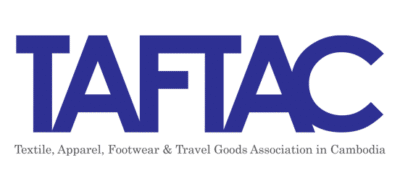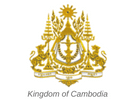Better Factories Cambodia
Better Factories Cambodia works closely with our parent organizations – the International Labour Organization and the International Finance Corporation, a member of the World Bank Group – and different stakeholders on a national level.
Our Project Advisory Committee (PAC) gathers different national stakeholders to find solutions and bring improvements the garment industry. The PAC provides strategic advice on the directions of the programme, reviews progress on implementation, and serves as a platform for engagement among stakeholders on key industry issues through biannual meetings. This committee is comprised of representatives from the Royal Government of Cambodia, the Garment Manufacturers Association in Cambodia (GMAC) and trade unions.
Members of the PAC
See the Prakas (Ministerial Proclamation) on Appointment of Composition of Project Advisory Committee of Better Factories Cambodia.
BFC also has several operational collaborations. These include a Memorandum of Understanding (MoU) with GMAC on child labour investigation and remediation, mechanisms of information-sharing with the government to facilitate enforcement on critical compliance issues, and joint capacity-building and awareness-raising initiatives in areas such as occupational health and safety.
Key partners in improving working conditions in the garment industry and boost the competitiveness of the sector are:
Government
The Royal Government of Cambodia has a central role in respect of the law and core labour standards. BFC collaborates closely with the Ministry of Labour and Vocational Training (MOLVT) and the Ministry of Commerce both at the policy and operational levels.
BFC and MOLVT are working on a joint strategy that focuses on capacity building of the ministry, particularly on labour inspection, and on the support of government responses to compliance deficits.
At the operational level, BFC has established mechanisms for information on critical compliance issues. BFC carries out joint-verification visits on low compliance factories and conducts joint capacity-building and awareness-raising initiatives in areas such as occupational health and safety.
Workers & Unions
We work with unions and directly with workers to help realize their rights on the factory floor and find ways to boost their skills so that they can engage in productive discussions and negotiate with employers.
The participation of worker representatives in bipartite committees give workers a platform to advance improvement. We also seek to empower workers through a range of social initiatives such as the Garment Worker’s Radio Competition on Labour Law and the Kamako Chhnoeum.
Our Trade Union contact group helps us to work together. Trade unions play a central role in our work at all levels: factory, sectoral and national levels. This partnership helps us to further understand factory relations, enabling us to establish productive social dialogues, which helps us effectivity advocate for the rights of workers.
Employers
Factory and manufactory enterprises are key partners in our efforts to create better conditions for garment workers in a way that also boosts business performance. We believe that effective cooperation and mutual trust between employers and their workers not only leads to better working conditions but also better results for business.
See which garment factories in Cambodia are part of Better Work
Brands and retailers
Our brands, retailers and intermediaries in the movement to reimagine the global supply chain, where workers’ rights are realised and businesses gain a competitive advantage to grow.
Brands and retailers whom are BFC partners commit to coordinate efforts in order to maximize impact, for example by reducing duplicate audits and by supporting improvement efforts of suppliers in a manner that is complementary and reinforces BFC’s assistance to factories.
Learn more about benefits for registered brands, retailers and intermediaries
Development partners
Our work is funded through a combination of private sector fees for our services and grants from donors. We work closely with development partners to understand specific interests and goals and help to advance these goals through Better Work’s efforts. Development partners are actively engaged in our programme and are key partners in the development of strategies to improve the garment sector supply chains.




